Search
 News
News
Artificial Intelligence and Wearable Sensors Put the Gait Lab in the Patient’s Pocket
UCSF orthopaedic surgeon Stefano Bini, MD, in collaboration with Google’s Advanced Technologies and Products (ATAP) division, is developing technology that will revolutionize how providers measure joint function and quantify joint disease. This groundbreaking approach uses cutting-edge machine-learning algorithms and data collected from inexpensive, wearable inertial sensors to accurately replicate gait lab outputs for a fraction of the cost of traditional methods, and in any context. Video
Video
Solving the Mysteries of the Pelvic Floor: A Guide for Primary Care
Underdiagnosed and undertreated, loss of bladder control is a common issue that both embarrassed patients and time-pressed clinicians often hesitate to mention. News
News
UCSF Health’s Eric Small, MD, Elected ASCO President for 2025-2026 Term
The American Society of Clinical Oncology (ASCO) has elected Eric J. Small, MD, FASCO, to serve as its president for the term beginning in June 2025.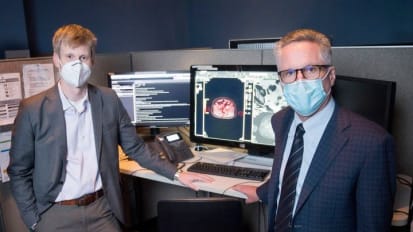 News
News
UCSF Researchers Help Gain FDA Approval for Prostate Cancer Imaging Technique
Method is a ‘game changer’ that should become the standard of care, say UCSF researchers who validated its effectiveness. Video
Video
Accidental Adrenal Findings: How to Identify the Serious “Incidentaloma”
In this guide to working up adrenal masses, endocrinologist Chienying Liu, MD, clears away the confusion on screening and interpretation of results. She provides usable flowcharts and tables showing appropriate tests to order as well as guidelines on testing protocols that optimize accuracy. Video
Video
Sleepy Patients: Identify and Treat Common Sleep Disorders
David Claman, MD, director of the UCSF Sleep Disorders Center, presents an update on the sleep problems often seen in primary care, from insomnia to restless legs syndrome to obstructive sleep apnea. News
News
Scientists Discover How to Make Ordinary Fat Cells Burn Calories
Researchers at UC San Francisco have figured out how to turn ordinary white fat cells, which store calories, into beige fat cells that burn calories to maintain body temperature. Video
Video
A Pragmatic Update on Respiratory Infections: COVID-19 Lessons, Current Learning Opportunities and Emerging Threats
Infectious disease specialist Peter Chin-Hong, MD, presents the current state of wintertime respiratory illness, focusing on the Bay Area yet covering the reality that viruses are global travelers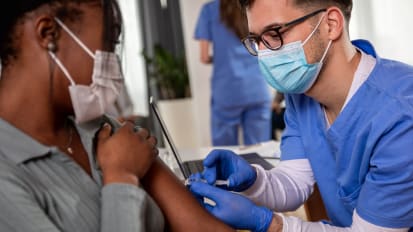 Video
Video
Getting to the Heart of COVID: Do Infections or Vaccines Cause Cardiac Harm?
Cardiologist Clifton Watt, MD, offers new insights on the pathogenesis of heart problems resulting from COVID; breaks down the evidence on whether novel treatments – neutralizing antibodies and antivirals – have therapeutic or preventive value; then presents a risk-benefit analysis for the available vaccines, incorporating new data. News
News
UCSF Neurologist to Receive Prestigious Scientific Award
Stephen L. Hauser, MD, Professor of Neurology and Director of the UCSF Weill Institute for Neurosciences, has been chosen by the American Brain Foundation (ABF) to receive its second annual Scientific Breakthrough Award. Hauser is being honored for his career-long commitment to advancing the understanding of the genetic basis, immune mechanisms and treatment of multiple sclerosis (MS).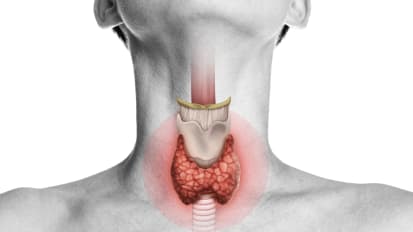 Video
Video
Radiofrequency Ablation: A New Option for Benign Thyroid Nodules
Learn about a minimally invasive way to address an exceedingly common condition in this short presentation by interventional radiologist Alexander Lam, MD.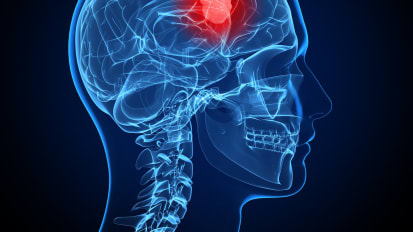 News
News
John de Groot, MD, Named Division Chief of Neuro-Oncology at UCSF
John F. de Groot, MD, has been named the new chief of the Division of Neuro-Oncology within the Department of Neurological Surgery at UC San Francisco.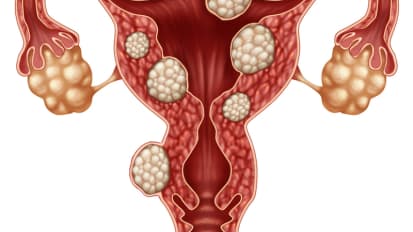 Video
Video
Types and Classifications of Fibroids
Dr. Jeannette Lager discusses the three types of fibroids; submucosal, intramural and subserosal.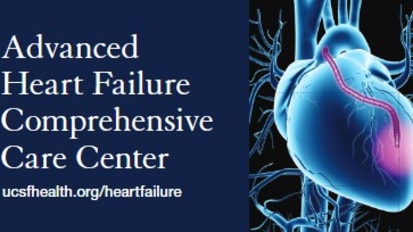 Document
Document
Advanced Heart Failure Comprehensive Care Center Physician Pocket Card
Referral guide and contact information for advanced heart failure specialists at UCSF.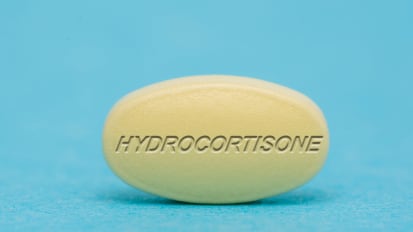 News
News
Does Hydrocortisone Improve Treatment of Septic Shock?
Sepsis is a global health priority affecting 55 million patients worldwide and causing 11 million deaths annually. Document
Document
UCSF Certified as a Comprehensive Stroke Center
A LONGTIME PARTNER in ensuring the best care for your patients with neurovascular conditions, UCSF is now a certified Comprehensive Stroke Center, becoming the first such program in San Francisco to earn the Gold Seal of Approval.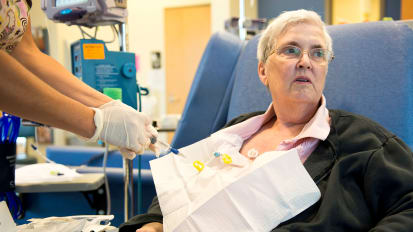 News
News
Novel Hyperglycemia Management Protocol for Patients Undergoing Cancer Treatment
An innovative hyperglycemia management protocol for patients receiving cancer therapy is provided through an urgent-care site within the UCSF Infusion Center, and can be replicated at other centers. The protocol ensures that patients promptly get the necessary treatment for acute hyperglycemia that can occur during cancer therapy. News
News
UCSF’s First Medical Director of Robotic Surgery on Improving Patient Outcomes and Enabling Innovation
Thoracic surgeon Johannes Kratz, MD, has been selected as UCSF’s first medical director of robotic surgery. Document
Document
Cardiology Transfer Guide
Cardiology Transfer Guide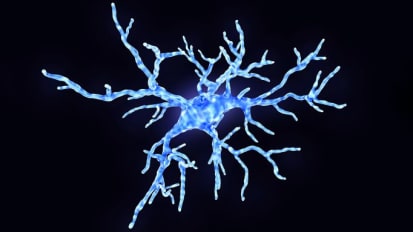 News
News
Researchers Identify New Glucose Control Target That Could Lead to Novel Therapeutic Approaches
A 2017 study co-led by UCSF researchers found that a high-fat diet (HFD) is associated with the accumulation of inflammatory cells called microglia in the hypothalamus, which in turn increases the susceptibility of mice to overeat and gain excess weight. News
News
The Coronavirus Disease 2019 Global Pandemic: A Neurosurgical Treatment Algorithm
The COVID-19 pandemic is disrupting neurosurgical care at medical centers throughout the United States. Document
Document
UCSF Health Transfer Center Intake Workflow
UCSF Health Transfer Center Intake Workflow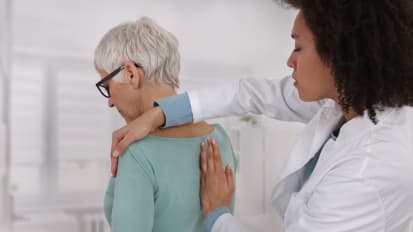 Video
Video
The Backache Blues: How to Satisfy Patients With This Ordinary – and Elusive – Complaint
Among the most common reasons for seeking medical care , low back pain is best addressed when primary care and specialty providers work collaboratively. News
News
UCSF Researchers Uncover New Pathway for Molecular Cancer Drug Therapies
In a study published December 8, 2022 in Science, UCSF researchers Kevin Lou, an MD-PhD student, Luke Gilbert, PhD, and Kevan Shokat, PhD, reveal the discovery of a cellular uptake pathway important for larger molecules.

